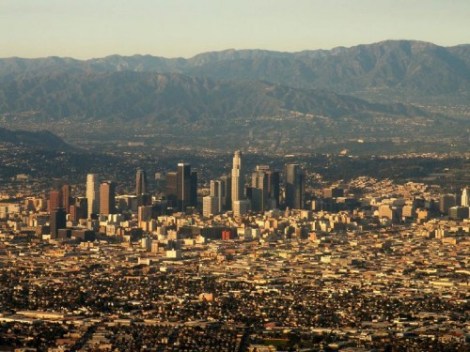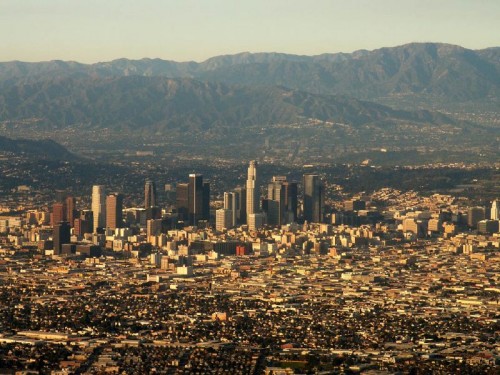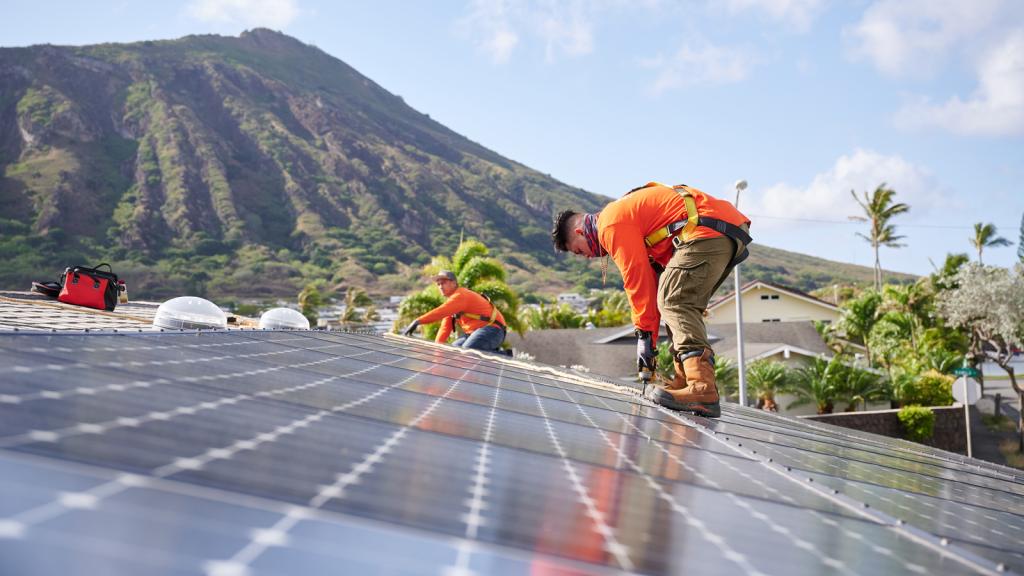Coal currently powers almost 40 percent of sprawling and thirsty Los Angeles, Calif. But the “era of coal” is sunsetting.

By 2025, the Los Angeles Department of Water and Power will phase out all coal-fired power, putting it slightly ahead of the 2027 deadline imposed by the state. The LADWP is the country’s biggest municipal utility.
“By divesting from coal and investing in renewable energy and energy efficiency, we reduce our carbon footprint and set a precedent for the national power market,” L.A. Mayor Antonio Villaraigosa (D) said in a press release.
The mayor’s office said the switch will reduce Los Angeles’ greenhouse gas emissions to 60 percent of 1990 levels. The fashion’s back, but the epic smog might be gone forever. Dumping coal: Even hotter than flannel.
The Los Angeles Times reports:
On Tuesday, commissioners at the Department of Water and Power moved forward with plans to dump the utility’s interest in a coal-burning plant in Arizona and convert another one in Utah to natural gas. …
Villaraigosa declared victory Tuesday, calling the coal divestment plan “game-changing” even though it won’t meet the timeline he set. “I believe the only way to get the goal is to set aggressive timetables,” he said. “Climbing mountains that have never been climbed before [isn’t] easy.” …
The DWP is in negotiations to sell its 21% share of the Navajo Generating Station in Page, Ariz., which will allow the utility to stop receiving power from the plant by 2015, four years before its current contract is up. Getting free of coal at the Intermountain Power Project in Delta, Utah, is more complicated because the DWP does not own the plant and is bound by contract to buy its power through 2027.
On Tuesday the Board of Water and Power Commissioners approved an amendment to its contract with Intermountain Power to allow the plant to transform its power supply to cleaner natural gas. …
A report released by the utility last year estimated that ending coal-power consumption at the Utah plant four years ahead of schedule would cost nearly $1 billion over four years in higher replacement fuel costs and other expenditures.
The whole plan “envisions clean energy and efficiency first, with natural gas fitting in as needed,” according to Take Part.
The move puts Los Angeles on track with Washington state, which is also set to end coal power by 2025, though both are a little behind Oregon, which aims to dump coal by 2020.
It’s not the whole U.S. by any means, but all that soon-to-be-ditched coal power is way more than Finland will get rid of when it dumps the dirtiest fossil fuel by 2025 too.



